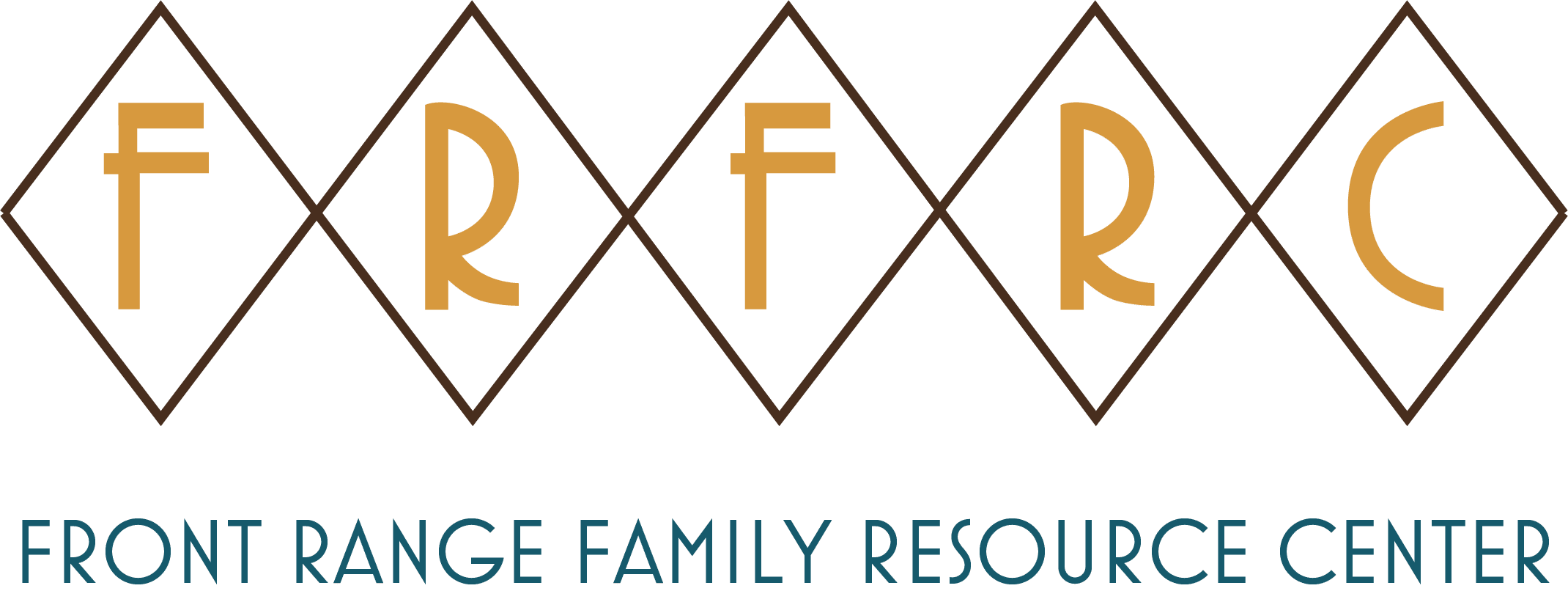Introduction:
Navigating past traumas in a relationship is important to understand. Building and maintaining healthy relationships is a complex endeavor that requires open and effective communication. However, despite our best intentions, we often find ourselves stumbling upon roadblocks that hinder our ability to connect with our partners. One significant barrier that frequently impedes communication is the presence of past traumas. In this blog, we will explore how the individual experiences of each partner can shape their perspectives and delve into the importance of acknowledging these traumas to foster understanding and strengthen relationships.
Acknowledging the Validity of Each Partner’s Point of View:
Both partners bring past traumas, values, and perspectives to every relationship. These aspects shape how they perceive and respond to various situations, including conflicts. Recognizing that each partner’s viewpoint is valid, even if it may differ from ours, is essential. When past traumas are involved, these differences become even more pronounced.
Understanding the Impact of Past Traumas:
Past traumas, whether related to childhood experiences, previous relationships, or other significant events, can leave lasting emotional scars. These wounds can manifest in various ways, such as anxiety, fear of abandonment, or difficulties with trust. In addition, accumulating these past hurts can significantly affect how individuals communicate and navigate their current relationships.
Breaking Down Barriers:
To overcome the barriers that past traumas erect, both partners must create a safe and non-judgmental space for open dialogue. Here are some steps that can help foster effective communication:

Self-Reflection:
Each partner should take the time to reflect on their past traumas and how they may impact their present behaviors and communication patterns. Individuals can better articulate their needs and concerns to their partners by understanding their triggers and emotional responses.
Active Listening
Listening is a vital component of effective communication. Practice active listening by giving your partner your undivided attention, focusing on their words, and seeking to understand their perspective without prematurely interrupting or formulating a response. This creates an environment where both partners feel heard and valued.
Empathy and Validation
Recognize that your partner’s experiences and emotions are valid. Show empathy by trying to understand their feelings and expressing validation and support. Avoid dismissing their concerns or responding defensively, which can further hinder communication.
Patience and Compassion
Healing from past traumas takes time and patience. Therefore, it is essential to approach your partner’s healing journey with compassion, allowing them the space and understanding they need to process their emotions and work through their pain.
Seek Professional Help
If past traumas continue to pose significant challenges to communication, seeking the assistance of a qualified therapist or counselor can be immensely beneficial. Therapy provides a safe environment for both partners to explore their traumas and learn healthy coping strategies, ultimately facilitating better communication and overall relationship well-being.
Conclusion:
Understanding the impact of past traumas on communication is a crucial step toward building healthier, more fulfilling relationships. By acknowledging the validity of each partner’s point of view and creating an environment of empathy and active listening, we can break through the barriers that traumas create. Open communication and ongoing support are key ingredients in fostering healing and growth in relationships. Working together and embracing vulnerability can build a stronger foundation for a happier and more connected future.
Contact us today if you want to explore ways to break the pattern and begin being more open and vulnerable in your relationship.
Jeremy R. Allen, LPC
Son. Husband. Father. Veteran. Psychotherapist.
